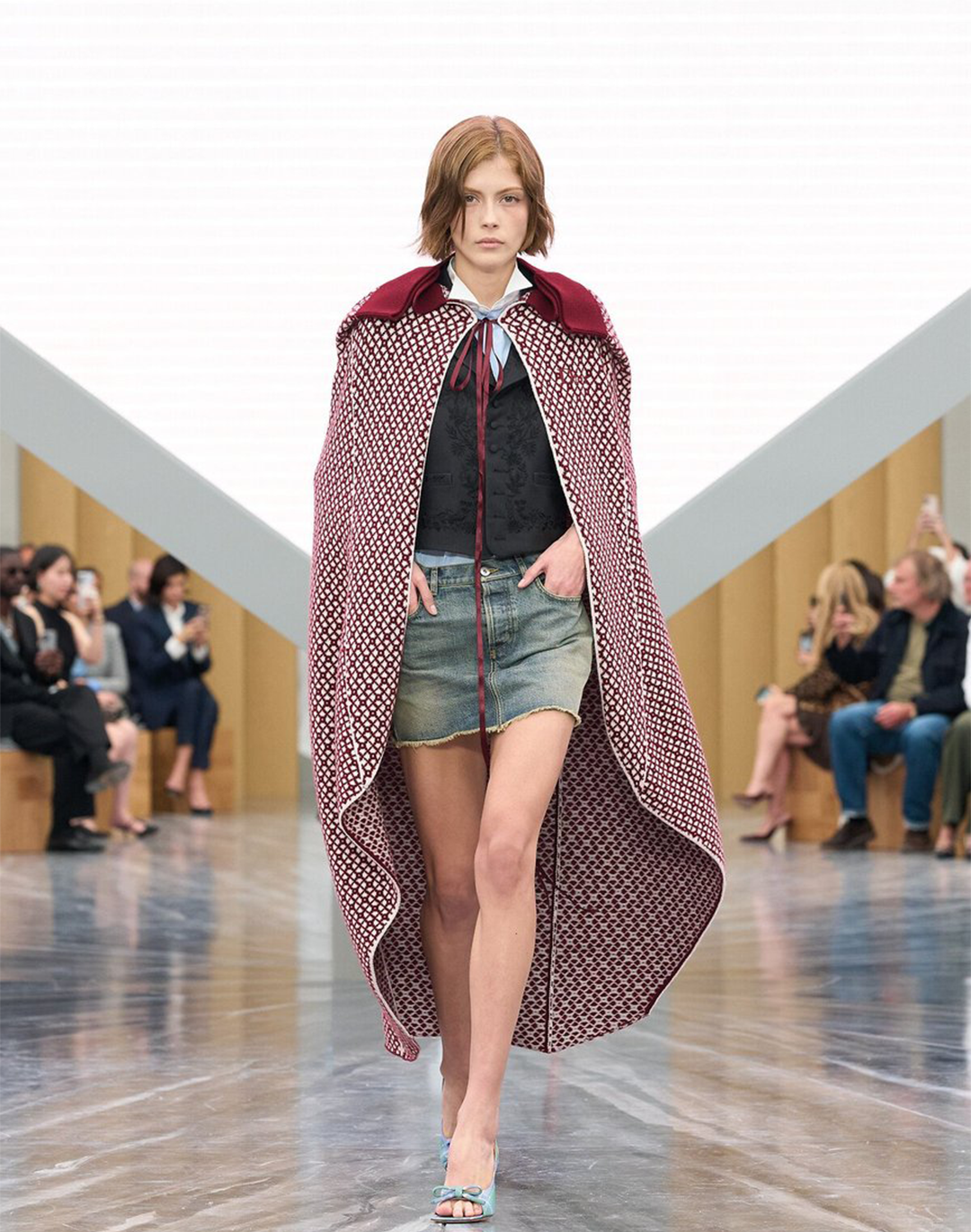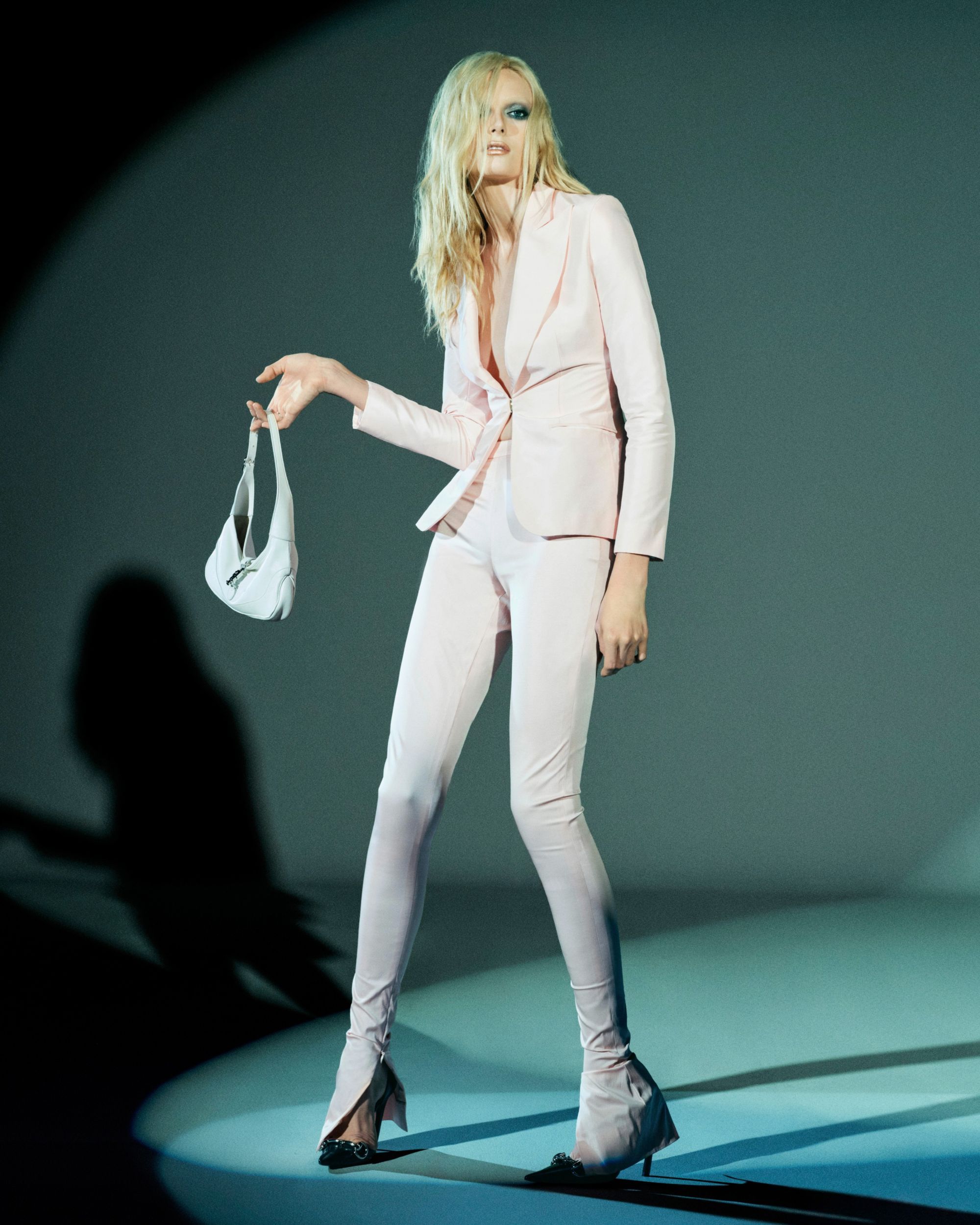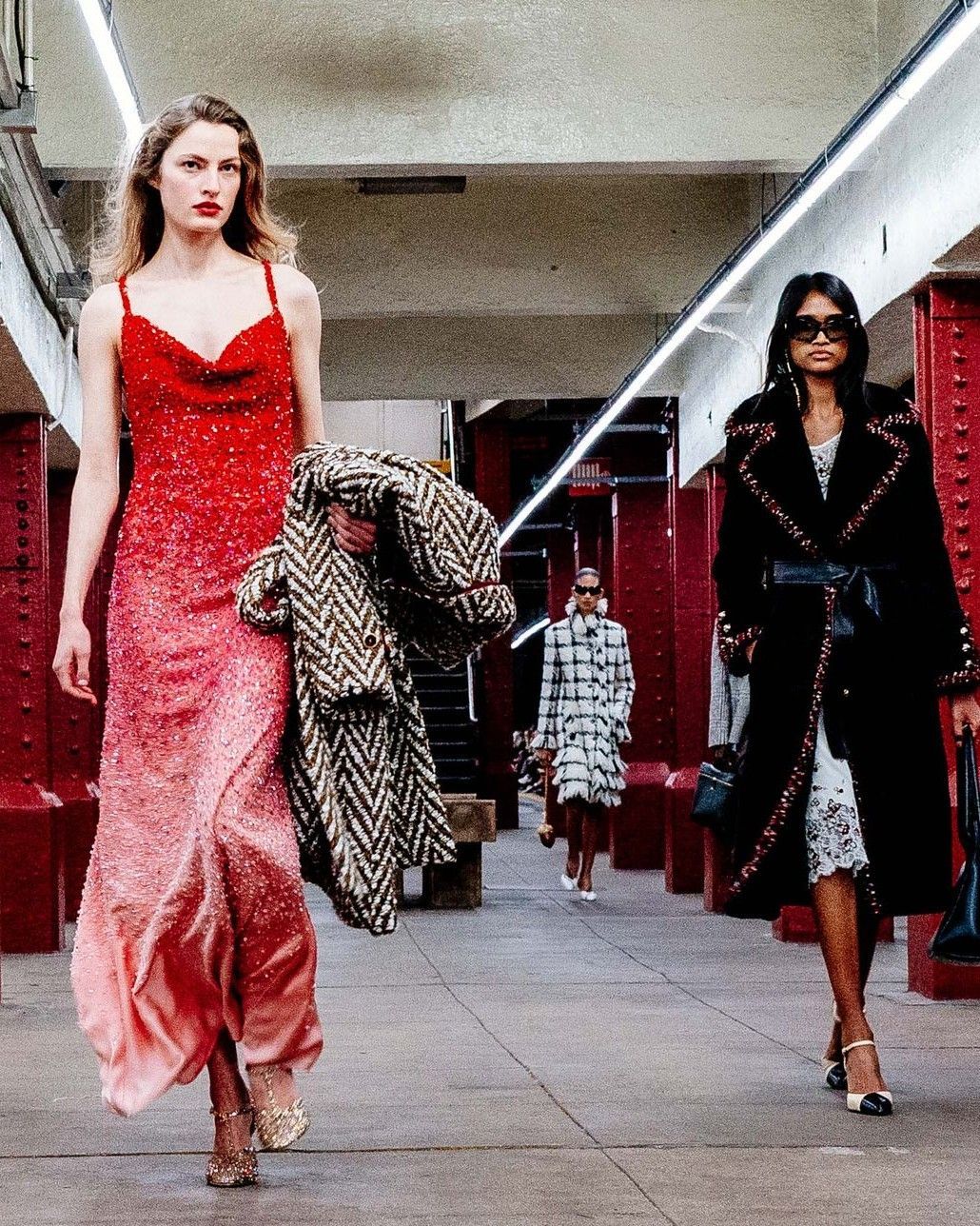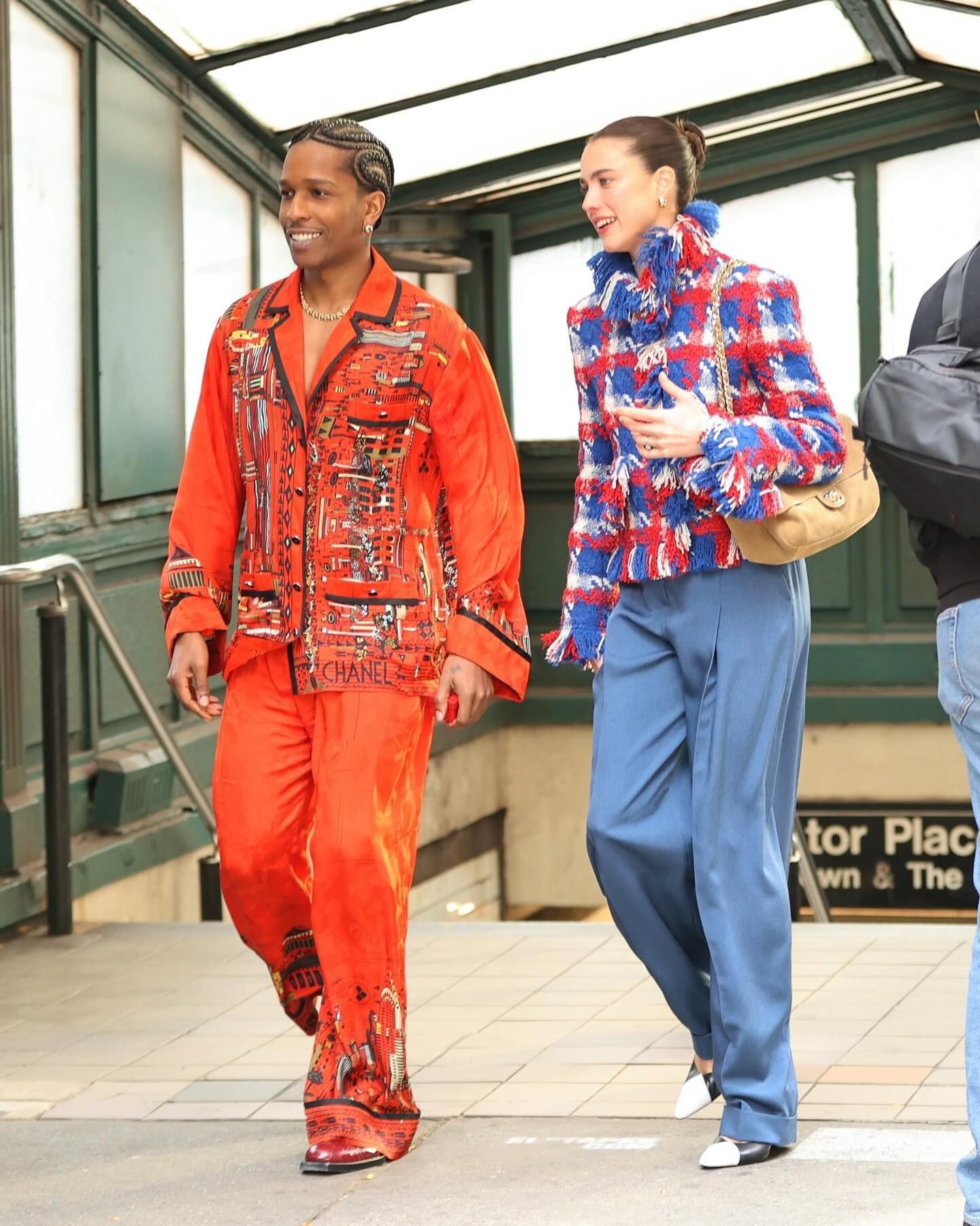
Slogan t-shirts are the latest form of protest at Fashion Weeks More and more designers wear them under the spotlight to show dissent
What cannot be protested vocally is increasingly being expressed through a t-shirt: this seems to be the new favorite tool for designers during Fashion Week. In a context where political tensions have intensified, with right-wing governments making decisions that are particularly harmful to LGBTQ+ communities, many designers use their moment in the spotlight to express their dissent. A striking example is the New York-based designer Conner Ives, who, after presenting his FW25 collection at London Fashion Week, a joyful celebration with the tunes of Donna Summer and Marvin Gaye, appeared for the final bow wearing a white t-shirt with the phrase "Protect the Dolls". The origin of the word "dolls", which is slang for transgender women, has its roots in the ballroom culture of the late ‘80s. "I was raised and supported by incredible, wonderful women. I wouldn't be here now if it weren’t for the 'dolls,'" the designer told Dazed. It is no coincidence that these words were spoken just three days after Hunter Shafer (transgender actress and model with whom the designer has previously collaborated) announced that, against her will, her gender on her passport was changed following an executive order by Trump. The US president had already declared in January that, from his position in office, the government would recognize only male and female genders, with documents required to match the sex assigned at birth, a direct attack on the trans community (for whom gender identity does not correspond to biological sex). Therefore, Conner Ives decided, by wearing the t-shirt, not to let an important issue pass unnoticed, despite the relaxed atmosphere of the runway.
Conner Ives is not the only designer to have worn a t-shirt to underline his disapproval: also at London Fashion Week, Ashish Gupta walked the runway with a t-shirt bearing a clear anti-fascist message. The white t-shirt was printed with four fists, a symbol of opposition, which provocatively formed the shape of a swastika. A bold choice further emphasized in his collection with, for example, a colorful vest reading “Fashion not Fascism” and a hoodie with the phrase “Slut for Socialism”. Patricio Campillo, at New York Fashion Week, appeared with the phrase “El Golfo de México” on his chest after showcasing a show honoring his Mexican roots. This t-shirt also appeared not by chance, but as a response to Donald Trump, who had expressed his intention to rename the bay “Gulf of America” just days before the show. Even earlier, Willy Chavarria had used his debut at Paris Fashion Week to remind everyone how fashion is inherently political: with his FW 2025 collection, Tarantula, he emphasized that inclusivity, diversity, and intersectionality are the core pillars of his brand. For the occasion, Chavarria thanked the audience by wearing the exclusive hoodie with the phrase “How We Love Is Who We Are” (made in collaboration with Tinder and the non-governmental organization Human Rights Campaign), urging reflection on the over 570 anti-LGBTQ+ laws introduced worldwide in the past year.
Creatives, many of whom belong to the queer universe, play a central role in a particularly dark historical moment, where the greatest price is being paid by minorities. Designers have no choice but to use their art as a form of protest, often launching politically significant messages. A prime example is the latest Collina Strada collection, which brought themes of femininity, queerness, and disability to the runway, topics often marginalized, and treated them with great empathy. Fashion mirrors the new social context and becomes a space for political expression: while it is not new for a designer to wear a bold t-shirt, today this gesture, especially recently, is viewed in a new light. Thus, even what seems like a simple t-shirt can transform into a manifesto of resistance, albeit almost latent. It remains to be seen whether the Milan Fashion Week, which has just begun, and the Paris Fashion Week that will follow immediately after, will continue to give voice to the wave of dissent, which now more than ever seems to show no signs of calming down.













































